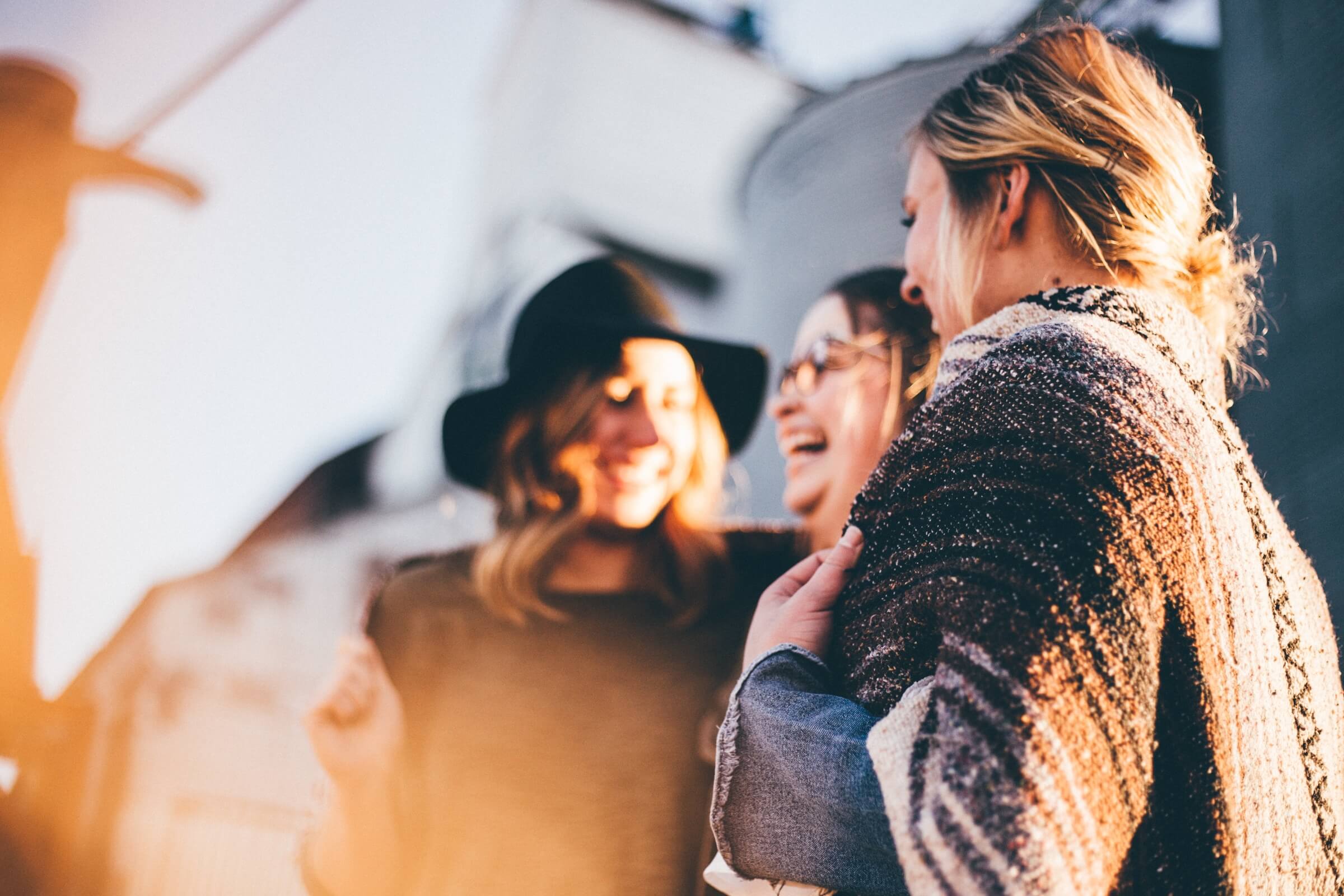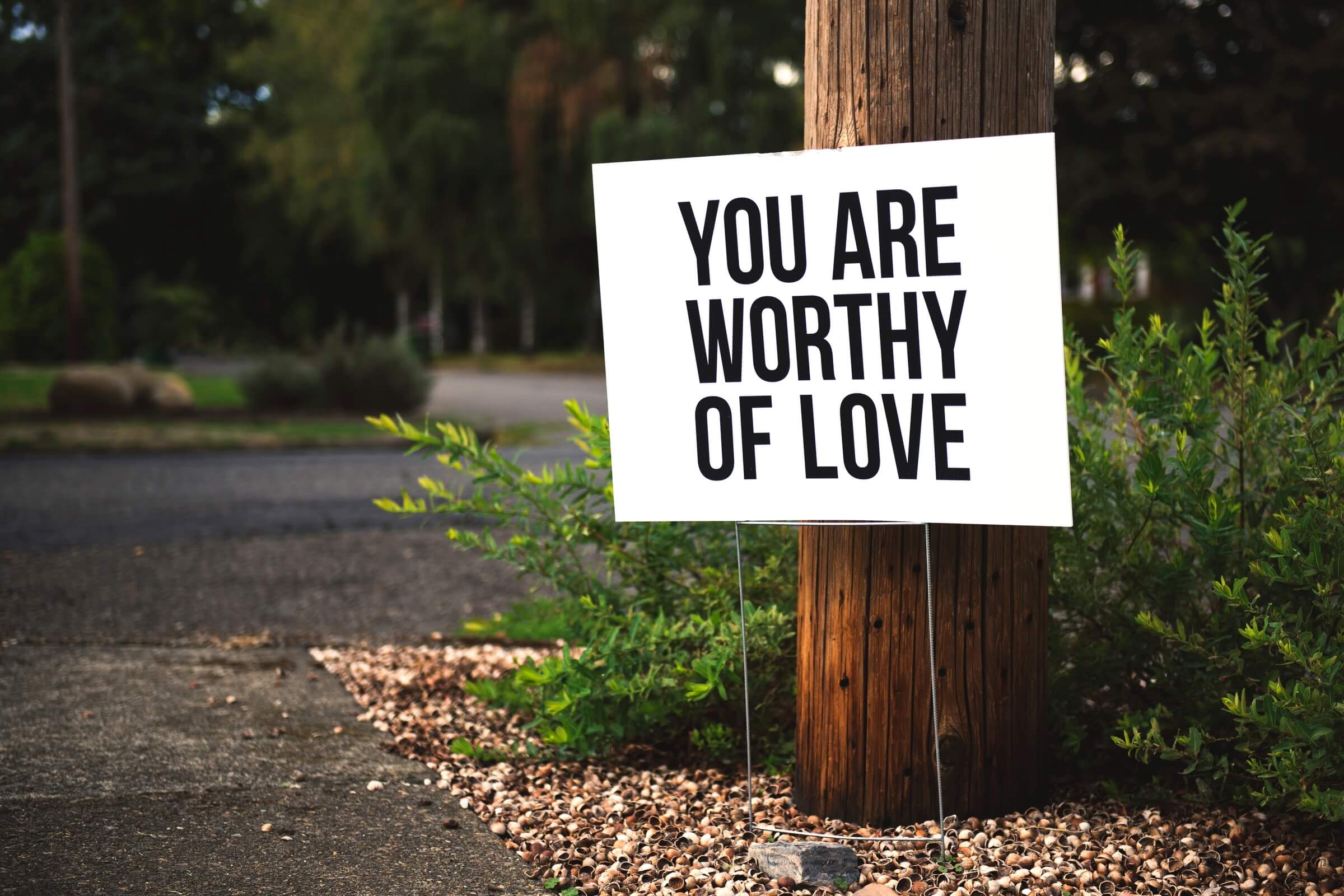Learn and explore the different ways that you can take care of your mental health
Written by: 100% PURE®
We’re all about taking care of our bodies, but what about our minds? We hear the topic of mental health come up often and for some of us, it’s a reminder that we’re not where we want to be. The thing about mental health is that it’s not a challenge or a competition, but a way to build on the most important relationship we’ll ever have - the one with ourselves. For those of us that have the capacity, time, and courage to start the conversation, let’s spread some mental health awareness and explore ways to treat ourselves even better.
Sometimes mental health can sound like a buzz term, or something trendy to talk about instead of a real, valuable conversation for us to have with ourselves. Though it’s called mental health, this type of health really refers to the internal conditions being in a state of balance. It speaks to our ability to process and manage stress. It addresses our emotions, and how we handle feelings. Mental health is the relationship between making space for and prioritizing our happiness and peace while handling the rougher parts of life from a mental and emotional standpoint.
When was the first time any of us talked about or even thought about our mental health? For many of us, mental health wasn’t a topic we covered in school; it wasn’t in any of our bedtime stories. And mental health awareness was not a topic that many of our parents and guardians were equipped to have with us. Perhaps we had a diary, a confidante or a counselor that we could talk to, but real formal mental health support is more of a recent concept. The process of mental health awareness has taken time to grow and evolve into what it is today, as we’ve seen how a lack of mental health can impact us negatively.
We’re now at a place where as a society, mental health is a topic we want to look at and explore. Furthermore, we’re embracing mental health as a positive thing, rather than being shamed for needing support. Mental health awareness means not only being an advocate for the types of care and resources out there but also being an advocate for ourselves and living a wholly healthy lifestyle. Since there’s never been a more important time to take mental health seriously.

The relationship between our mental health and our well-being is truly intertwined. Our physical and emotional well-being relies on us taking care of our minds and hearts. What does that look like? As an example, a long period of time without socializing with friends and loved ones would likely negatively impact the well-being of an outgoing bubbly person with an extroverted personality. That kind of prolonged period of a need not being met could then lead to negative thoughts, a lack of motivation to tackle responsibilities, apathy, and then anxiety or depression.
To simplify it, mental health and well-being are a regular state of ensuring our personal needs are met. For most of us, this path isn’t linear or constant and isn’t the way we like to spread mental health awareness. Trying to focus on making sure we always have what we need sounds a bit stressful. Rather, we prefer to look at it as a routine. Similar to waking up and stretching, or drinking water throughout the day, are we practicing good mental health and hygiene?
Newsletter Subscribe
for more blog updates and exclusive discounts
Mental health starts with mental health awareness, but that’s not enough to totally impact our lives. That’s where positive mental hygiene comes in. Similar to our daily routine of a shower, washing our face, and anything else we do to prepare our bodies, we also have to prepare our minds. This means finding ways to limit or remove what puts our mental health in a poor state, and injecting positive activities for improvement and balance. Let’s talk about mental hygiene and ways to practice good mental health.
One way to positively impact our mental health is journaling. This gives us the space and time to be present with our thoughts and feelings. Then, by writing them down, we’re able to reflect and even understand ourselves better. Along with this, incorporating a gratitude practice can help us focus on the good in our lives and break up the stress or monotony of a less-than-ideal day-to-day routine.
Interconnectedness has certainly been a challenge for a few years now, and definitely has its risks, but forming positive communities whether they’re physical or virtual, is a great way to get and give support. Having an emotionally nourishing place where people can come together to share in confidence not only spreads mental health awareness but helps us not to feel alone in our own struggles.
We call it mental hygiene because there are times when we benefit from avoiding or abstaining from certain activities. One of these cases is doing a social media detox. Like we said, healthy and supportive communities can be fun, but the risk with being online is comparing ourselves to others. Unfortunately, sometimes we can’t help but see perfectly curated online lives and reflect on how we’re not where we want to be in some way or another. Since we’re all on our own journeys, we promote taking time to create an uplifting, healthy, and inspirational environment by detoxing from social media every now then.

Thankfully, there are now a variety of resources available to us for mental health support. While small practices on our own can certainly help, and it’s a good idea to start there, there are lots of mental health resources available for us anytime we are in need. Options include apps that are individually guided or interactive, as well as chat lines and social groups. Many of us are familiar with counseling or therapy and there are resources out there providing affordable or complimentary options. In our efforts to spread mental health awareness, here are some resources to start with to improve mental hygiene:
-
7 Cups: A free chat line with volunteer listeners, available anytime.
-
MoodMission: a resource for learning mental health hygiene and coping skills.
-
Recovery Record: prioritizing support for those that struggle with eating and food wellness.
-
Headspace: mindfulness and meditation in charming app format.
-
MindShift: a free digital platform for fighting anxiety.
-
Talkspace: explore therapy with this online counseling platform.
-
Shine: mental health platform designed to support BIPOC individuals.
-
Bliss: interactive virtual self-guided therapy for depression support.
-
Calm: an app-based resource for mindfulness, meditation, and sleep recovery.
-
Daily Strength: a digital anxiety support forum.
-
Loona: aiming for a healthy calming bedtime routine? Look no further.
-
MindDoc: assistance for anxiety and depression.
-
Happify: promoting mental hygiene and positive thinking.
We carefully hand-select products based on strict purity standards, and only recommend products we feel meet this criteria. 100% PURE™ may earn a small commission for products purchased through affiliate links.
The information in this article is for educational use, and not intended to substitute professional medical advice, diagnosis, or treatment and should not be used as such.

